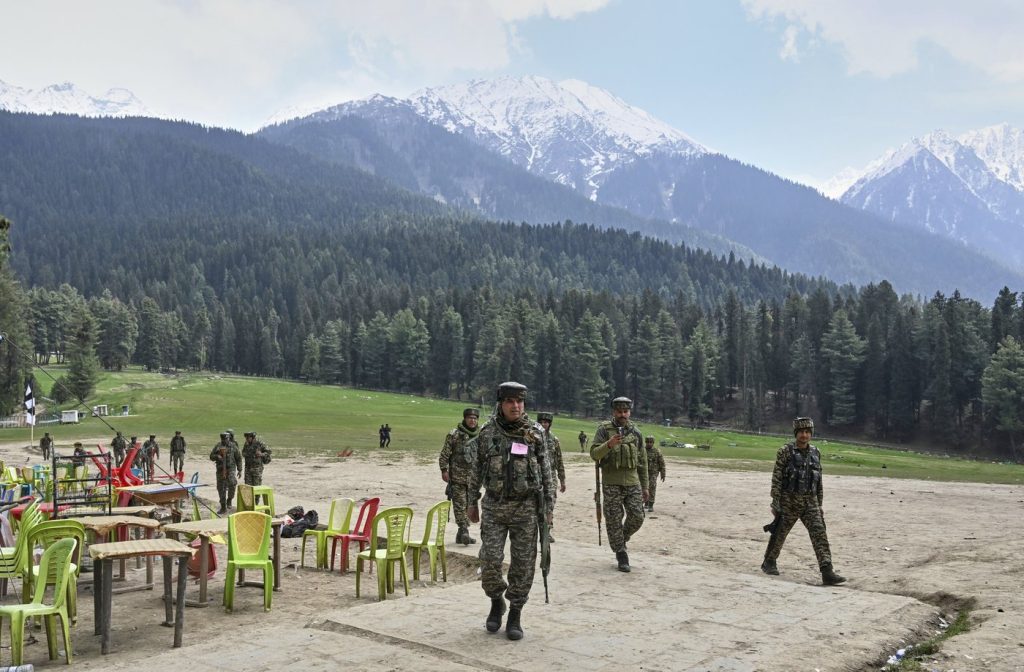ISLAMABAD (AP) – On Saturday, Pakistan conducted a test-fire of a ballistic missile amid escalating tensions with India, particularly following a deadly attack on tourists in the Kashmir region last month. This test comes in the wake of rising hostilities over the April 22 gun massacre in the resort town of Pahalgam, which India attributes to Pakistan, a claim that Pakistan vehemently denies.
The missile, part of the Abdali Weapon System, is a surface-to-surface missile with a range of approximately 450 kilometers (about 280 miles). According to the Pakistani military, the purpose of the test was to ensure the operational readiness of its troops and to validate key technical parameters, including the missile’s advanced navigation system and enhanced maneuverability.
Following the successful test, notable Pakistani officials such as President Asif Ali Zardari and Prime Minister Shehbaz Sharif extended their congratulations to the military personnel involved. It is standard practice for such missile tests to be conducted away from the Indian border, typically into the Arabian Sea or the deserts located in southwest Balochistan province, to avoid any direct confrontation.
In a related development, India’s navy announced on April 27 that its vessels had successfully conducted anti-ship firings to demonstrate readiness for long-range precision offensive strikes. These military drills highlight the increasing operational preparedness on both sides of the border.
Amid these tensions, Pakistan’s Information Minister Attaullah Tarar claimed that the country had received "credible intelligence" indicating that India was planning an attack within days, further intensifying the atmosphere of distrust and fear between the neighboring nations. Such allegations often exacerbate the already fragile relationship between India and Pakistan, which both claim the Kashmir region in its entirety, despite it being administered by both countries in parts.
The Kashmir region continues to be a flashpoint in South Asia, with both nations maintaining a heavy military presence in the area. The consequences of these tensions between two nuclear-armed countries raise concerns not only for regional security but also for global peace.











